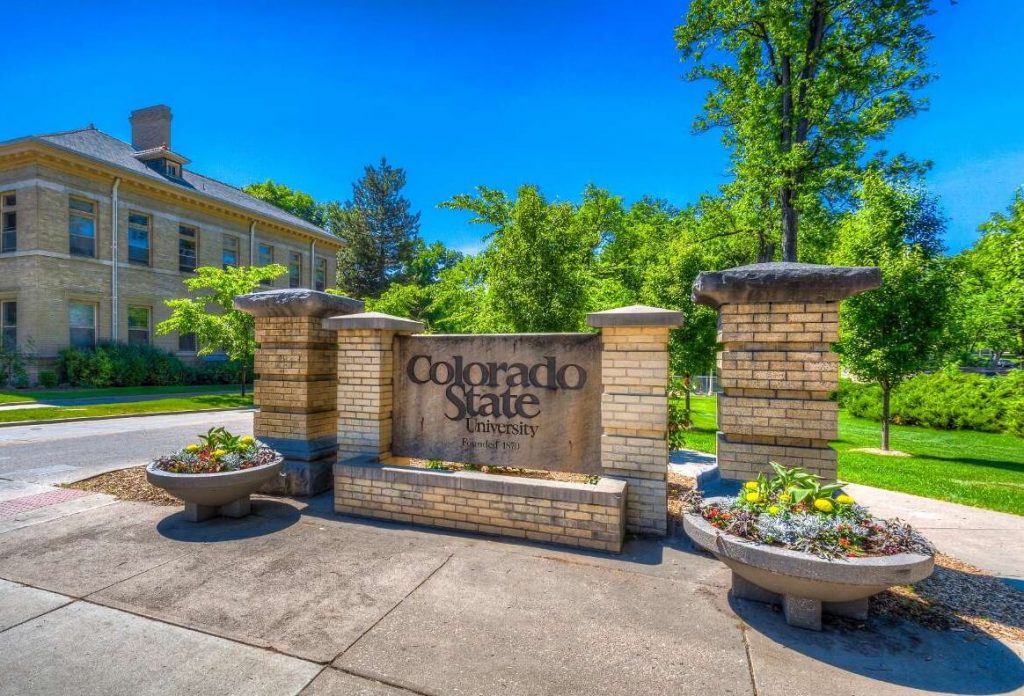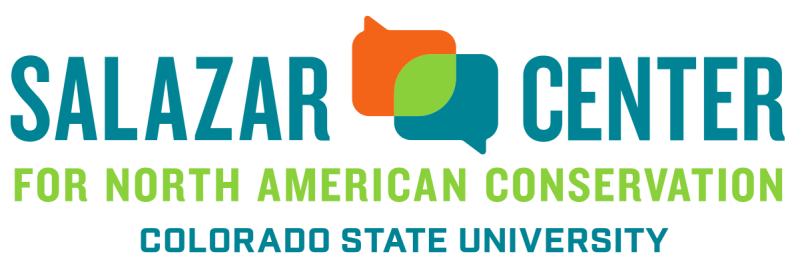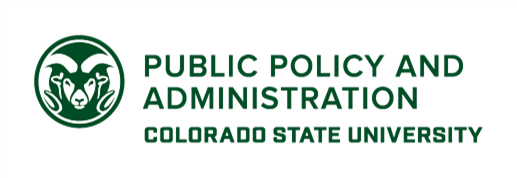Purpose
CSU’s Collaborative of Civic, Community and Economic is a network of Centers and Initiatives who align through their interests in connecting and elevating communities through engaged social science and humanities scholarship.
The Collaborative has identified a particular focus on assessing and supporting the engagement, resilience and health of urban and rural Colorado communities through integrated learning, research and outreach programming.


Collaboration
In the coming year, the collaborative hopes to explore how we can share more and partner to:
- Secure and leverage better administrative support for Centers (In 2022, support the development and roll out of the CSU Rural initiative)
- Share content, tools and professional development opportunities across Centers
- Quarterly meetings to connect and continue to build relationships
Learn About Our Centers

REDI focuses on engaged research-driven analyses, developing, applying, and refining the most frontier methods and perspectives in service to Colorado’s regions and beyond, connecting public, private, and non-profit organizations seeking to promote sustainable regional economic development, while remaining recognized as a leading global source of cutting-edge urban, rural, and regional economics scholarship.

The Prevention Research Center
Promoting healthy development for individuals and families through research, training, and engagement

Family Leadership Training Institute of Colorado (FLTI)
Learn. Plan. Act. TOGETHER
Bridging the Gap Between Community
Members & Local Decision-Makers

CSUWP Institute for Sustainable Teaching & CSSTL Collaborative
Seeking Social Justice in a Post-Pandemic World

The (newly-formed) Poverty Action Center within the Regional Economic Development Institute (PAC@REDI) is utilizing interdisciplinary mixed-methods approaches to help guide poverty action locally and globally.
We form interdisciplinary teams of faculty, students, and off-campus professionals to take research to practice and build capacity and capability at the intersection of People, Place and Potential.

The CPD serves as an impartial resource for the Northern Colorado community, focused on elevating the quality of public engagement on our shared wicked problems. We analyze issues and then design, convene, facilitate, and report on innovative public forums.

Independent, nonpartisan and academically grounded, the Colorado Futures Center at CSU is dedicated to informing about economic, fiscal and public policy issues impacting community economic health and quality of life in Colorado and beyond.
The CoWC is one of 54 Water Resources Research Institutes created by the Water Resources Act of 1964, which collectively form the National Institutes for Water Resources. As a division under CSU’s Office of Engagement and Extension, the Center aims to connect all water expertise in Colorado’s higher education system with research and education needs of Colorado’s water managers and users, building on the rich water history at Colorado State University.
MISSION
CoWC leads interdisciplinary research, education, and outreach to address complex and evolving water-related challenges in Colorado and beyond. We do so by fostering collaboration between higher education and water stakeholders, synthesizing objective water knowledge to inform decision-making, and inspiring the next generation of water leaders.

Community Literacy Center
Our Center contributes to the literacy health of Larimer County through programming that complements existing reading and writing opportunities and advocates for increased public awareness about the needs and contributions of our diverse community. Our mission is twofold:
- to create alternative literacy opportunities to educate and empower underserved populations to tell their own stories and
- to support university-community literacy outreach programs.

Connecting diverse leaders, communities, and resources across North America in order to accelerate the pace and scale of innovative, inclusive, and durable solutions for conservation, climate resilience, and social equity

The Center for Literary Publishing
The Center for Literary Publishing dynamically partners with writers to bring exceptionally written and published fiction, poetry, and nonfiction to readers through a variety of platforms—notably, Colorado Review and CLP books. Training and cultivating the publishing professionals of tomorrow, the CLP invites graduate student interns to participate in every aspect of the publication process.
International Studies & College of Liberal Arts Interdisciplinary Resource (CLAIR)
International Studies Mission: Fosters global awareness and understanding through languages, cultures, and social systems that frame the Liberal Arts learning environment; Hosts an interdisciplinary major and minor (Global Studies)
- Part of the CLA Interdisciplinary Hub
- CLAIR: The College of Liberal Arts Interdisciplinary Resource (CLAIR) supports interdisciplinary learning, scholarship, and engagement initiatives within the College of Liberal Arts at Colorado State University
Everitt Real Estate Center
The Everitt Real Estate Center believes real estate has the power to inspire change and solve complex challenges in Colorado and around the globe. Through our undergraduate programs, research and service to our communities, we will make the world a better place.

Extension Internship Program
Foster engaged/applied research that support students’ professional development, build bridges across campus and Extension, and serves the diverse needs of Colorado stakeholders.

The Center for Environmental Justice aims to create diverse, interdisciplinary networks of scholars, policymakers, students, and community advocates to support just transitions to a future where clean air, fresh water, good health, and a home are accessible to everyone.

Master in Public Policy and Administration (MPPA)
The MPPA is a professional degree that provides the academic knowledge and practical skills needed to excel in public service.

Food systems are defined as the connections between natural resources, the agricultural and food industry, and the buyers, consumers and communities to which they contribute. Research, extension and education identifies and informs opportunities to bridge how the production, supply chains, and eaters respond to changing markets, policy, and environment. At CSU, we focus on these three key areas to train, influence, and communicate opportunities to connect food related roles in achieving healthy communities, economies, and individuals.